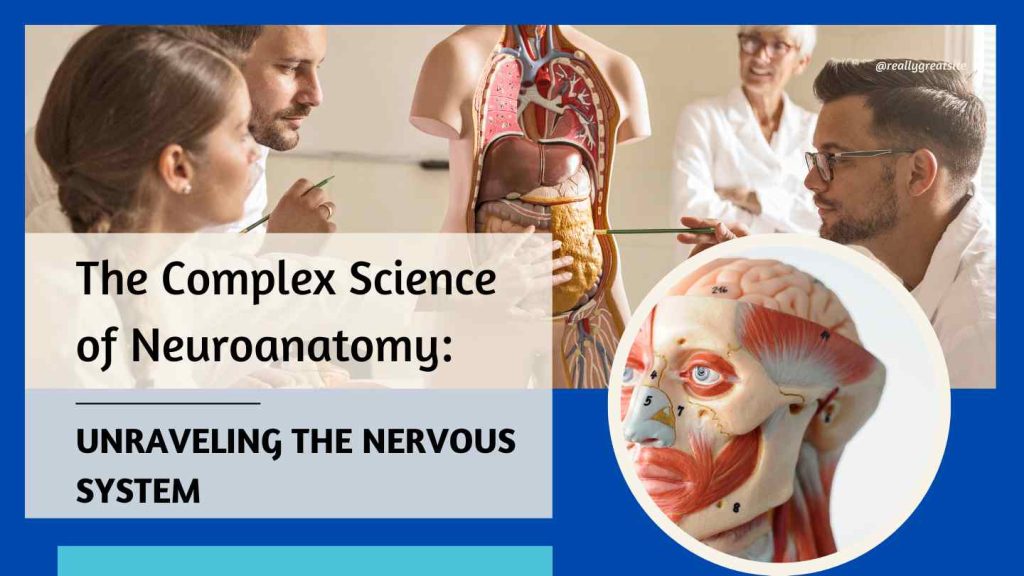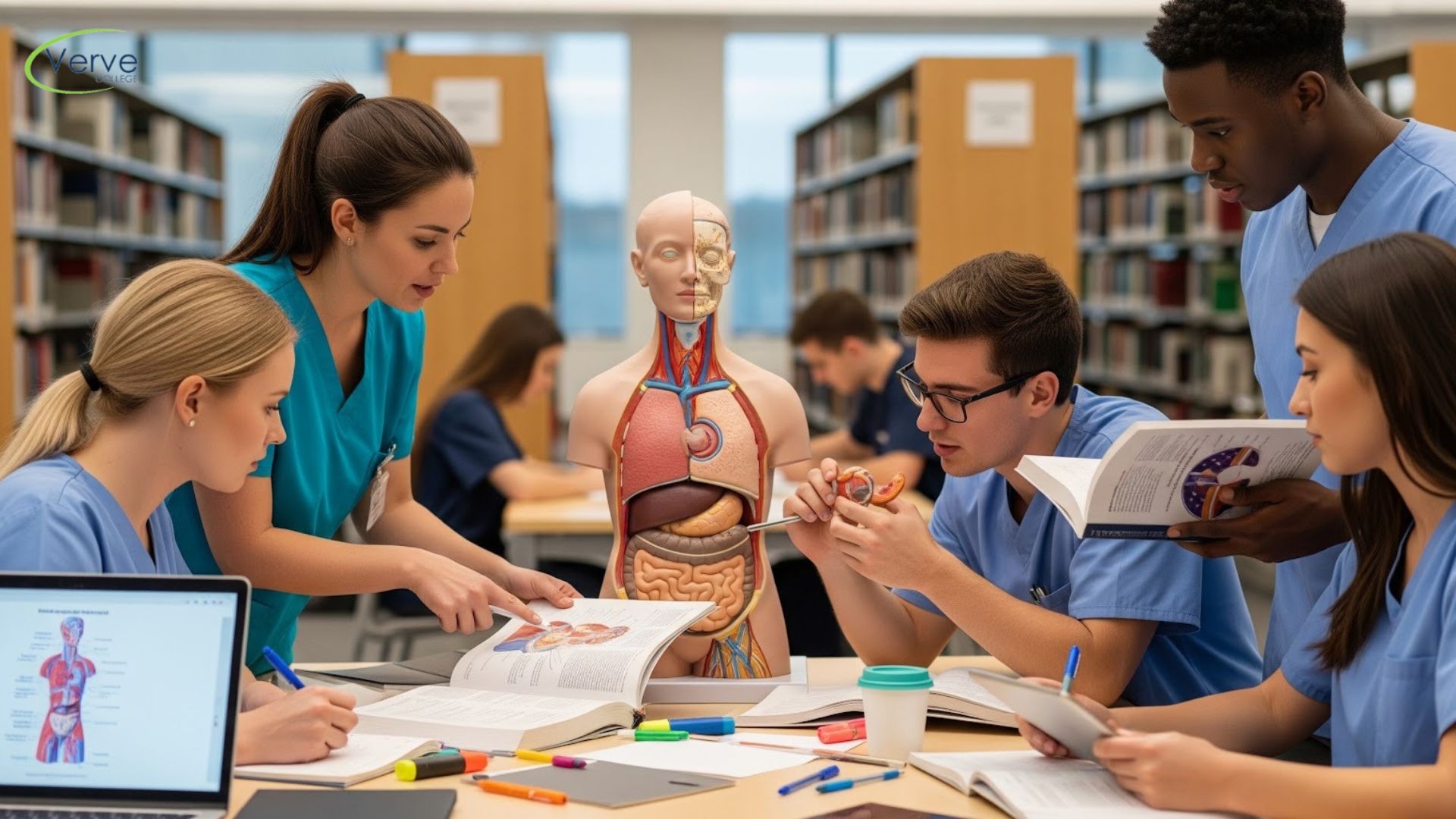- Oak Brook:(630) 705-9999
- Chicago:(312) 920-8822
- Email:inquiry@vervecollege.edu
- Make a Payment
- Home
- Programs
- Admission
- Resources
- ATI Entrance Exam Resources
- New E-Digital Library
- Refer a Friend
- School Newsletter
- Events
- Employers
- Job-Network
- Alpha Beta Kappa Candidates
- Verve College Library
- Graduation and Pinning Ceremony Photo Galleries
- Textbook Information
- Career Services
- Tutoring
- School Catalog
- FAQ
- Constitution Day Program
- Alumni
- Verve College Plans
- Financial Aid
- HEERF Reporting
- Satisfactory Academic Progress
- Apply For Financial Aid
- Net Price Calculator
- Return of Title IV Funds (R2T4)
- Financial Aid Office Code of Conduct
- Contact
- FAQs
- Verification Policy
- Vaccination Policy
- Student Right-to-Know Act
- Misrepresentation
- Information Security Program
- Academic Award Year
- Availability of Employee
- Cost of Attendance
- Health & Safety Exemption Requirement
- Students Rights and Responsibilities
- Leave of Absence
- Pell Formula
- Military Students
- Grants/ Scholarship Policy
- Contact Us
- Testimonials
- Blog
Is a Nursing Career Right For You?
Take The Free Quiz
The Complex Science of Neuroanatomy: Unraveling the Nervous System
The Complex Science of Neuroanatomy: Unraveling the Nervous System
The most intricate anatomical structure is the human brain, known in the universe. It sits on your shoulders. Let us understand the mysteries of the brain. Also, students can learn by enrolling in anatomy and physiology classes to understand the basic structure of anatomy & physiology of major organs & how the brain functions in anatomy, which contains 100 million cells, is to blame for all our thoughts, feelings, memories, and actions. The brain influences our personality, conscience, and motivation throughout our lives. It stops working after eight seconds for the rest of the body.
In the past 15 years, we have learned more about the brain than ever in human history. Yet we know less about the brain than we do about the deepest parts of the ocean.
Every year, hundreds of millions die of neurological or brain disorders that we still haven’t found a cure for. Although our neurological systems are complex, we must improve our understanding of the nervous and brain to prevent and treat neurological diseases effectively.
Related:- Clinical Applications of Anatomy and Physiology: Real-World Examples
This is a huge challenge that we at the University want to meet. This vision will be the core of the Neuroscience Institute, which will be crucial to understanding the nervous system and brain to improve the lives of patients who suffer from neurological and sensory diseases such as Alzheimer’s, Parkinson’s, MND, stroke, impaired vision, hearing, and chronic pain.
The institute will use expertise from Medicine, Science, and Engineering to tackle some of the biggest challenges in neuroscience. We put patients with neurodegenerative diseases at the center of our research, from fundamental neuroscience to innovative therapies and groundbreaking trials.
Three pillars will guide the Neuroscience Institute’s core work.
- Translational neuroscience and chronic neurological disorders.
- Computational neuroscience and human organ systems neuroscience.
- Sensory and Developmental Neuroscience.
The burden of neurological disorders has been underestimated for a long time. The prevalence of neurological disorders will increase as we live longer. This will put more strain on the healthcare human body system and economy. A&P class is the best option for learning the complete concepts of neurological disorders.
Translating Science Into Action
We draw on the expertise of world-renowned experts from all over the University. Everyone has a part in understanding the nervous system, from computer science to dental care. Our researchers have already changed the lives of many patients.
The University’s School of Clinical Dentistry is a leader in the world in the repair of trigeminal neurons. Although it is rare, nerve damage caused by routine dental procedures has a significant impact on the affected person. This can cause severe facial pain and emotional effects such as anxiety and depression. By repairing damaged nerves, the transformative surgery developed by the University has changed patients’ lives.
Neurologists from the University played a vital role in launching a large-scale international randomized trial on people with acute multiple sclerosis. This treatment stabilizes the condition and improves disability.
Our research is centered around the patients. Our research is increasingly based on a patient-centered model that relies heavily on patient feedback about their wants and needs. This allows us to create treatments tailored to each group’s specific needs. This approach is tried and tested at the University.
Want to Make a Career in Nursing? Get More Information About Our Courses!
Understanding our nervous system and brain is a monumental task. It will take a lot of experience, exceptional facilities, and a passion to fight neurological and sensory diseases. We’ve worked hard to build a strong reputation at the University as an institution that excels in neuroscience research. Now, we are ready to take the lead and understand the complex system on our shoulders.
 Sign up
Sign up Login
Login




